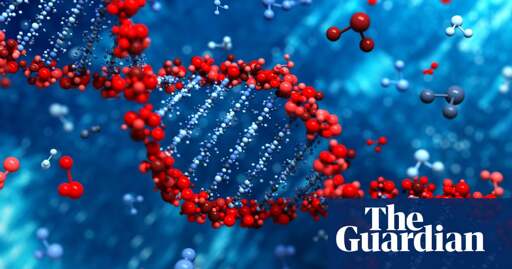World-leading scientists have called for a halt on research to create “mirror life” microbes amid concerns that the synthetic organisms would present an “unprecedented risk” to life on Earth.
The international group of Nobel laureates and other experts warn that mirror bacteria, constructed from mirror images of molecules found in nature, could become established in the environment and slip past the immune defences of natural organisms, putting humans, animals and plants at risk of lethal infections.
Many molecules for life can exist in two distinct forms, each the mirror image of the other. The DNA of all living organisms is made from “right-handed” nucleotides, while proteins, the building blocks of cells, are made from “left-handed” amino acids. Why nature works this way is unclear: life could have chosen left-handed DNA and right-handed proteins instead.
The fresh concerns over the technology are revealed in a 299-page report and a commentary in the journal Science. While enthusiastic about research on mirror molecules, the report sees substantial risks in mirror microbes and calls for a global debate on the work.



https://www.scribbr.com/fallacies/appeal-to-authority-fallacy/
FYI: Just because someone is a Nobel Laureate does not mean they are correct.
i do not disagree, but probability of who is right is not on the side of random lemmy poster in this case.
Let’s refresh your memory on what the original poster you criticized said since you think this is about who is right:
This is someone forming an opinion based on what they know so far. They are clearly a good scientist because they are not making any factual claims here. They are, in fact, doing what any good scientist does and bringing up issues they see with the claims of other scientists.
They are not even saying it wouldn’t be an overall problem and I would not be at all surprised if they modify their opinion, which was neither a claim nor a prediction, if they read the 299-page report, but you seem to want a formal rebuttal. A formal rebuttal and a peer review process do not require someone to have a degree and people without degrees have had papers published in scientific journals.
And if they came up with a formal rebuttal and allowed it to be peer-reviewed, would you even read it?
Yup. Planning to crack that open this weekend :).
Fair enough then! I know I wouldn’t have the knowledge to understand any of it.
Looking at you, kid.
We all know who calls others kids…
Humphrey Bogart?
In everyone’s favorite propaganda film!